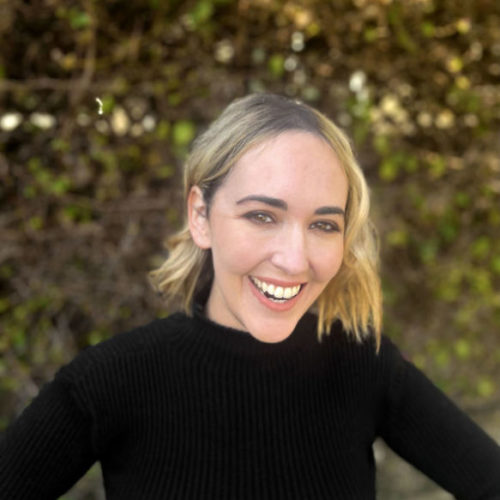Finding a Trauma Therapist in Los Angeles
As a trauma therapist in Los Angeles, I understand the unique struggles that we face in this lively but often overwhelming city. In this blog post, I want to address some common difficulties that many people go through when trying to find a trauma therapist in Los Angeles, and offer solutions to help you find the care that you deserve.

I Want to Help You Find a Therapist in Los Angeles
You’re not alone in the “finding a therapist” maze – and I’d like to help make this process as stress-free as possible. Whether you’re seeking help for trauma, attachment wounds, or anxiety, I hope you get connected with a qualified and compassionate therapist who can provide the support you need. I’ll help you navigate the challenges of finding a trauma therapist in Los Angeles, and work towards transforming your life for the better. Y
- High Demand:
Although it may feel like there’s an endless amount of therapists in Los Angeles, you may also find that they are in high demand. - Traffic:
Let’s be real, commuting in Los Angeles sucks. Even though the Hollywood Bowl and Greek Theatre are only about 5 miles apart, it can take an hour to get there. Luckily, online therapy (aka virtual therapy/telehealth) completely eliminates that challenge. - Diversity:
Even though Los Angeles is a diverse city with many therapists, finding one that specializes in what you’re looking for can be difficult. If you have specific cultural or language preferences, the process of finding a therapist can feel really isolating. - Insurance:
Having insurance should make you feel more at ease when finding a therapist, right? But it often doesn’t. Using insurance to find a therapist can drastically limit your choices, and not all therapists accept insurance. - Not all therapists have the same specialty: You may find a therapist that you feel super comfortable with, but they may not specialize in trauma.

5 Ways to Find a Psychologist, Counselor, or Trauma Therapist in Los Angeles
- Ask for Recommendations: Do you know someone who is always raving about how great their therapist is? Then ask them for a recommendation! If you’re comfortable with reaching out to friends and family members who have experience with therapy in the Los Angeles, then try it out!
- Medical Professionals: Ask your primary care physician or other healthcare providers for referrals to trusted trauma therapists in Los Angeles.
- Online Directories: Online directories such as Psychology Today or TherapyDen can be a great resource for finding a trauma therapist in Los Angeles. Many directories have search options to help you narrow your search.
- Teletherapy Services: Curious about doing therapy online? If so, this will open up more than just your local neighborhood.
- Schedule Consultations with Therapists: When you identify potential therapists, schedule initial consultations! This step is sooooo important because not only will it provide clarity on whether or not they specialize in what you’re looking focus on, it also provides you the opportunity to see if you “vibe” with them. Finding a therapist that’s a good fit for you and your needs is probably the most important step in finding the right therapist.

Finding a trauma therapist in a city as large as Los Angeles can feel like a challenging journey, but it doesn’t have to be. After reading this article, I hope that you feel more confident in beginning your journey to healing. It may take a little work (and maybe a little more vulnerability than you’d like), but there is a therapist out there that will be a great fit for you. In a city as unique as Los Angeles, just remember: you are unique, too. Your mental and physical well-being deserve to be prioritized, and seeking help from a professional like a psychologist, counselor, or therapist in Los Angeles can be exactly what you need to help you reconnect with your authentic self.
Now that you have a roadmap to finding a trauma therapist in Los Angeles, it’s time to take the next step!
Hello, I’m Cheryl! I utilize a direct yet compassionate approach to helping adults like you heal from trauma, overcome insecure attachment styles, and manage anxiety.
My therapeutic style is centered around authenticity, science-backed approaches, and creating a safe and nurturing space where you can be your true self.
I understand that taking the first step to reach out to a trauma therapist in Los Angeles is a personal and sometimes scary decision.
Just remember that the process is not about rushing – it’s about creating a space where you can comfortably explore your emotions, past experiences, and live authentically.
Contact me today and together, we will process your experiences so you can live a life that doesn’t feel ruled by your trauma symptoms.





